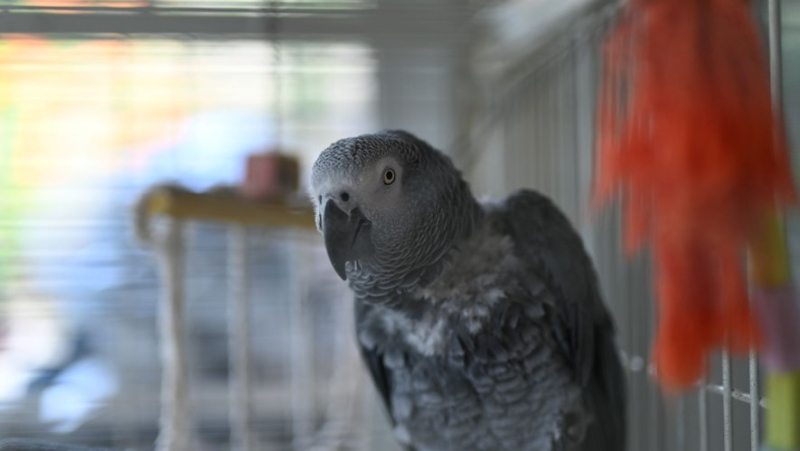Psittacosis: what do we know about this respiratory disease which is progressing in Europe ?

Psittacose : que sait-on sur cette maladie respiratoire qui progresse en Europe ?
La psittacose, également appelée fièvre du perroquet, est une zoonose transmise à l’homme par contact avec des oiseaux contaminés.
The number of cases of transmission to humans has increased since 2023 in Denmark, Germany, Sweden and the Netherlands. The World Health Organization issues the alert.
The World Health Organization alerted, Tuesday March 6 on an increase in cases of psittacosis, parrot fever, in four European countries in 2023 and particularly at the start of 2024. Denmark, Germany, Sweden and the Netherlands have reported an abnormal situation via the early warning system and European Union Response Report (EWRS). At this stage, five deaths have been recorded. In the majority of cases, exposure to wild or domestic birds has been reported.
What is psittacosis ?
Psittacosis is a respiratory infection caused by a bacteria, Chlamydia psittaci. This bacteria often infects birds who can transmit it to humans through contact with their secretions. Thus, people at risk of catching this zoonosis are those who work with contaminated animals (poultry breeders, veterinarians…) or who own pet birds.
What are the symptoms of psittacosis ?
A fever and chills headaches muscle pain a dry cough
In the majority of cases, symptoms begin in infected people 5 to 14 days after exposure to the bacteria.
How to diagnose psittacosis ?
The symptoms of the disease are not very specific, which makes it difficult to diagnose. So, if you experience symptoms after exposure to birds, talk to your doctor. The diagnosis is based on a test which makes it possible to detect the bacteria Chlamydia psittaci. This can be carried out using sputum from the patient, blood or samples taken from the nose or throat.
What is the treatment for psittacosis ?
Treatment is based on taking antibiotics. Symptoms disappear quickly if treatment is started early. Most infected people recover fully after infection.
What are the complications ?
Complications, which require the patient to be treated in hospital, may occur. It is:
Pneumonia (lung infection) endocarditis (inflammation of the heart valves) hepatitis (inflammation of the liver) inflammation of the nerves or brain, leading to neurological problems
According to figures from the American Center for Disease Control, with antibiotic treatment, psittacosis leads to the death of the patient in less than 1 in 10 cases.
Epidemiological investigations are underway in the four European countries affected by the increase in cases. Objective: identify modes of exposure to birds and identify possible clusters. In addition, "the measures implemented include the analysis of samples of wild birds subjected to avian influenza detection tests in order to verify the prevalence of C. psittaci among wild birds, specifies the WHO. "The World Health Organization continues to monitor the situation and, based on available information, assesses the risk posed by this event as low."
Note: For the moment, no cases have been reported in France.




